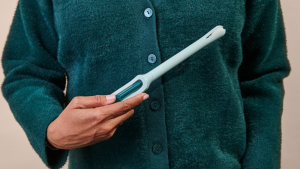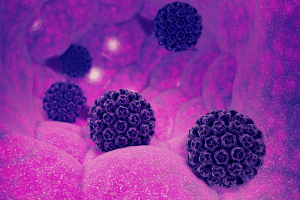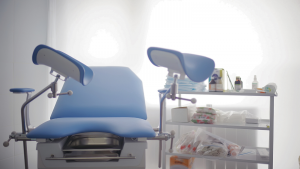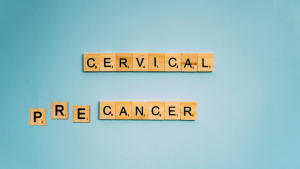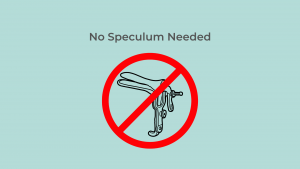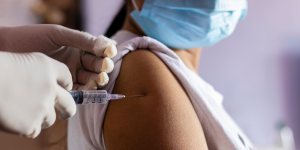In the U.S., HPV infections are estimated to cause about 37,300 cases of cancer. HPV vaccination can prevent over 90% of these cancers from ever developing.
The HPV vaccine available in the U.S. has been approved for the prevention of cervical, anal, vulvar and vaginal cancers and pre-cancers. The vaccine protects against seven types of “high-risk” HPV that are associated with cancer. It also protects against two “low-risk” types associated with genital warts.
Vaccination is Effective
Rates of infection with strains of HPV covered by the vaccines have dropped significantly in the U.S. and around the world since the vaccine was introduced.
- In the U.S., rates of infection with strains of HPV covered by the vaccines have dropped significantly since the vaccine was introduced in 2006. Among teen girls, infections with HPV types that cause most HPV cancers and genital warts have dropped 88 percent. Among young adult women, infections with HPV types that cause most HPV cancers and genital warts have dropped 81 percent.
- A new study in Scotland found no cases of invasive cervical cancer in young women who had gotten the HPV vaccine by the time they were 14. The study also found that women vaccinated between ages 14 and 22 had lower rates of cervical cancer than unvaccinated women.
- Australia is on track to meet the goals of the WHO’s Cervical Cancer Elimination Strategy and become the first country in the world to eliminate cervical cancer. On 2023, 85.9% of girls and 83.4% of boys in Australia had received at least one dose of HPV vaccine in 2023. Research from Cancer Council NSW has shown that if vaccination and screening coverage are maintained at their current rates, cervical cancer is likely to be eliminated as a public health issue in Australia by 2035.
With HPV vaccination—earlier is best
HPV vaccination is recommended for girls and boys ages 11-12. Why so young? For one, the vaccine produces a stronger immune response when taken during the preteen years, and fewer shots are required. Also, the vaccine is designed to prevent infection, so vaccination is recommended at a young age—before kids are exposed to the virus.
Getting Vaccinated
While the recommended age for HPV vaccine is 11-12, vaccination can start as early as age 9. Youth between ages 9 and 14 only need two doses of the HPV vaccine. The schedule calls for the second dose of the vaccine to be given 6-12 months following the first.
For older teens and adults who start the series later, starting at age 15, three doses are still required. In this case, the second shot should be given one to two months after the first, and the third shot should be given six months after the first. The goal is to get all three shots within six months.
In late 2018, the FDA approved use of the HPV vaccine in all people ages 27-45, expanding the previous indication that covered from ages 9-26. Ideally, people should complete all doses of the vaccine before they become sexually active. However, adults over 27 now have the option of receiving the vaccine and should talk to their health care provider to make the decision about vaccination.
Vaccine Safety
The HPV vaccine is safe. Over 135 million doses of the HPV vaccine have been distributed in the U.S. and over 270 million have been distributed worldwide since the vaccine was licensed, and data has shown it to be safe and well tolerated.
The most common side effect of the vaccine is pain, redness, and swelling around where the shot was given. Other mild reactions reported include fever, headache, fatigue, nausea and vomiting. Some people have experienced fainting as well.
As with any vaccine or medication, there is always a possible of a serious problem, such allergic reaction. However, these reactions are rare. The HPV vaccine also continues to be monitored for any safety concerns.
Does insurance pay for the vaccine?
The vast majority of health insurance plans report including most or all of the ACIP recommended vaccines in their benefits for children adolescents and adults.
For those that qualify, HPV vaccines are also available through the federal Vaccines for Children (VFC) program. The VFC program provides free vaccinations for children aged 18 and under who meet at least one of the following criteria: 1) Medicaid eligible; 2) uninsured; 3) underinsured; or 4) Native American or Alaska Native.
Do HPV vaccines to lead to increased sexual behavior?
No. While some parents have expressed a concern that vaccinating their children against HPV will lead to increased sexual behavior, several studies have shown this not to be the case.
Is cervical cancer screening still required?
Yes. HPV vaccines will not eliminate all HPV, cervical cancer, or other HPV-related cancer. The vaccines prevent the HPV types that cause 70% of cervical cancer cases, but there are other types of HPV (not covered in the vaccine) that could cause disease.
Cisgender women and transgender men who still have a cervix who are 30 and over should be screened as recommended, with Pap and/or HPV tests.
